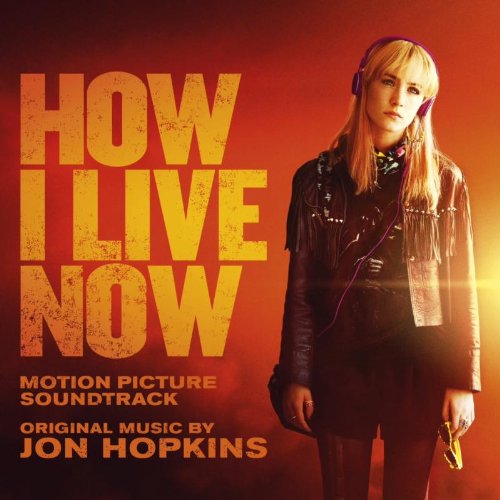Kevin Macdonald’s How I Live Now is adapted from a young adult fantasy novel by an American writer, but not many films this year will give a more insightful picture of the contradictions inhabiting contemporary British ideology. The story of a stroppy New York teen who goes to visit her old-world cousins, then falls in love with one of them, in a photogenic nook of the Home Counties – which soon becomes one theatre of a nuclear-equipped World War Three – the movie toys initially with an of-its-times celebration of the Great British bucolic before lurching disquietingly into a study of a militarised England which has aspects in common with Children Of Men, Alfonso Cuaron’s minor classic of 2006.
On one level, it seems to endorse the atavistic, keep-it-round-the-hearth strand of Cameron-era culture: the first half shows the cousins establishing a Sunday-supplement Narnia after various adults are trimmed from the plot.
However, it plays against this both in its exploration of incest (the sublimated motive of anxiety in Sigmund Freud’s 1919 disquisition on the uncanny) and its depiction of civil strife reminiscent of the Balkan conflicts inside the type of landscape which has, in recent years, been used to index farmers’ markets and pricy staycations (a political extrapolation of Freud’s assertion that uncanniness is the emergence of the threatening in the most supposedly unthreatening of environments).
Read generously, How I Live Now points to the pastoral not as an escapist solution to economic and geopolitical crisis but as the tenuous fantasy with which crisis is unsuccessfully repressed; moreover, it doesn’t throw the baby out with the bathwater, insisting on the aesthetic appeal of the English countryside even if the recent celebration of that environment has tended towards the reactionary. This latter point could also fit a psychoanalytic frame: Freud’s essay ‘On Transience’, written shortly after the outbreak of the First World War, points out that beauty is an effect of our innate awareness that pleasure, and life itself, is finite.
It’s this intuition of the ephemeral conditions written into our contract with nature – it will survive its appropriation into nationalistic mythologies – which suffuses the film with ecopoetic poignancy, a mood which Jon Hopkins’ soundtrack contributes to significantly.
OST work by artists who don’t specialise in the genre can feel like a canon break, but in this case the sense of continuity within an oeuvre is remarkable. Hopkins’ work on How I Live Now feels less like a typical ‘commission’, with the note of obligation that term implies, and more like an additional space for investigating ideas broached on the widely-praised Immunity. The earlier album made a credible claim for warm, humanised electronica in a period largely predominantly by coldness and metallic surface, but it did this without relying too heavily on a repertoire of traditional instrumentation. When recognisable instrumentation did appear, there was no campfire virtuosity: Hopkins used piano to produce Enoesque dimensionality rather than in the service of giving his soundscapes melodic direction.
The How I Live Now OST continues in a compatible, if not quite identical, spirit, stripping out the glitch beats of Immunity and ceding a little bit more of the arrangement over to stringed instruments and treated woodwind. It opens with ‘The Field’, where a swell of ambient electronics segues, Mogwai-like, into an ostinato of muted guitar harmonics; a similar device crops up a little later on ‘The Hawk’, which backs the film’s main romantic epiphany. In between the nods to folk – which are, pleasingly, more consonant with genuine aficionados like North Sea Radio Orchestra than with nu-folk’s illiteracy around the finer points of roots music – are more abstract compositions which at times essay more jagged textures than Hopkins is associated with, and bring ominous combination of sub-bass, drone and glissandi to the mix. The switches between a prettily-realised pastoralism and these electronic evocations of panic and dread draw out the way in which the film achieves its presentation of war’s uncanniness through a tendency to jack-knife between tones. Moreover, Macdonald’s direction implies that violence and horror is, as Freud suggests, not something which intrudes on the domestic but is intrinsic to it; likewise, Hopkins wraps dissonant emergencies inside gentler material.
Mogwai, again, provide a point of comparison for considering the album as a whole. The Glaswegian group have also released soundtrack material this year in the form of the music from the French rural horror series Les Revenants. Hopkins’ effort here isn’t quite as strong a standalone work as that album, which pushes at the limits of its brief. However, it’s not that far off and, as a complement to the general ambience of the narrative, succeeds pretty much entirely.


